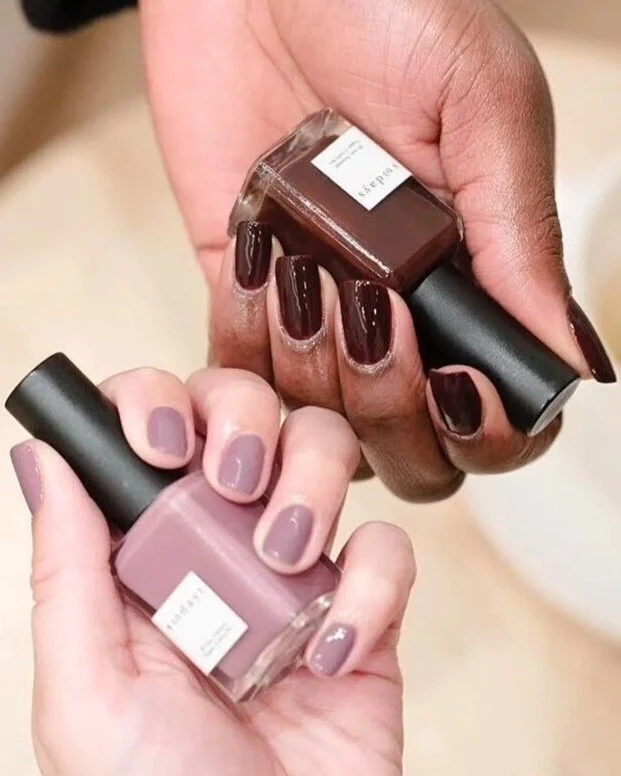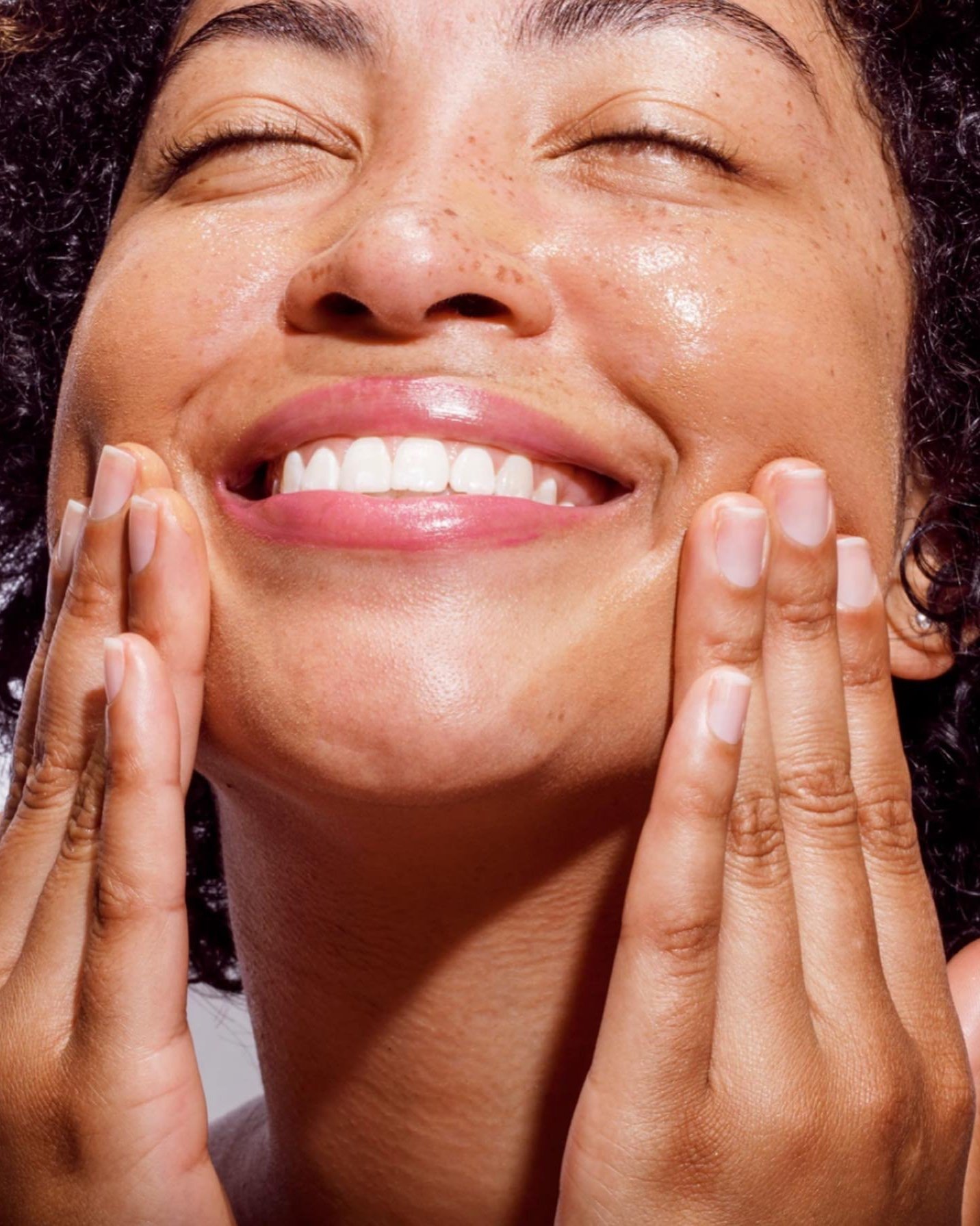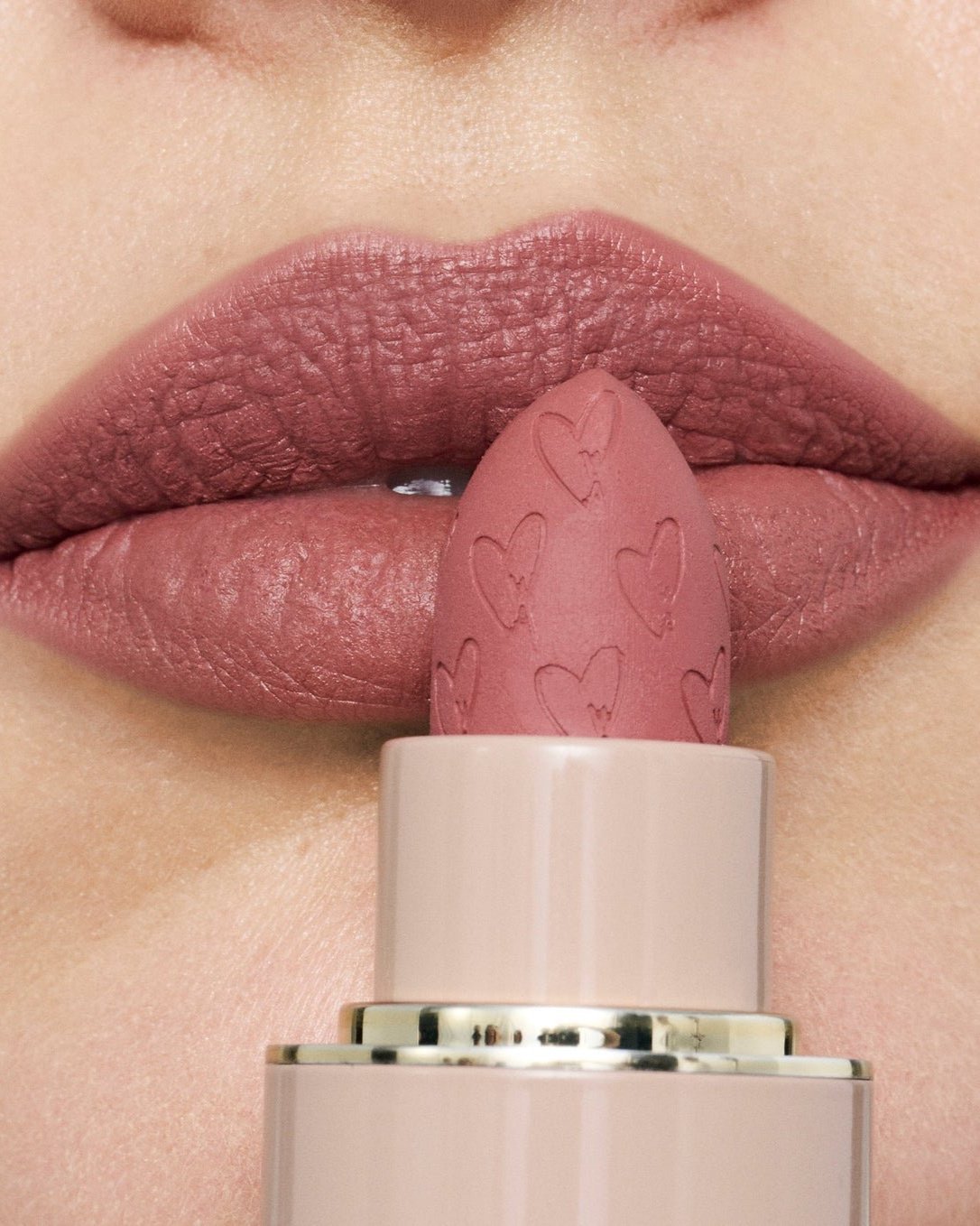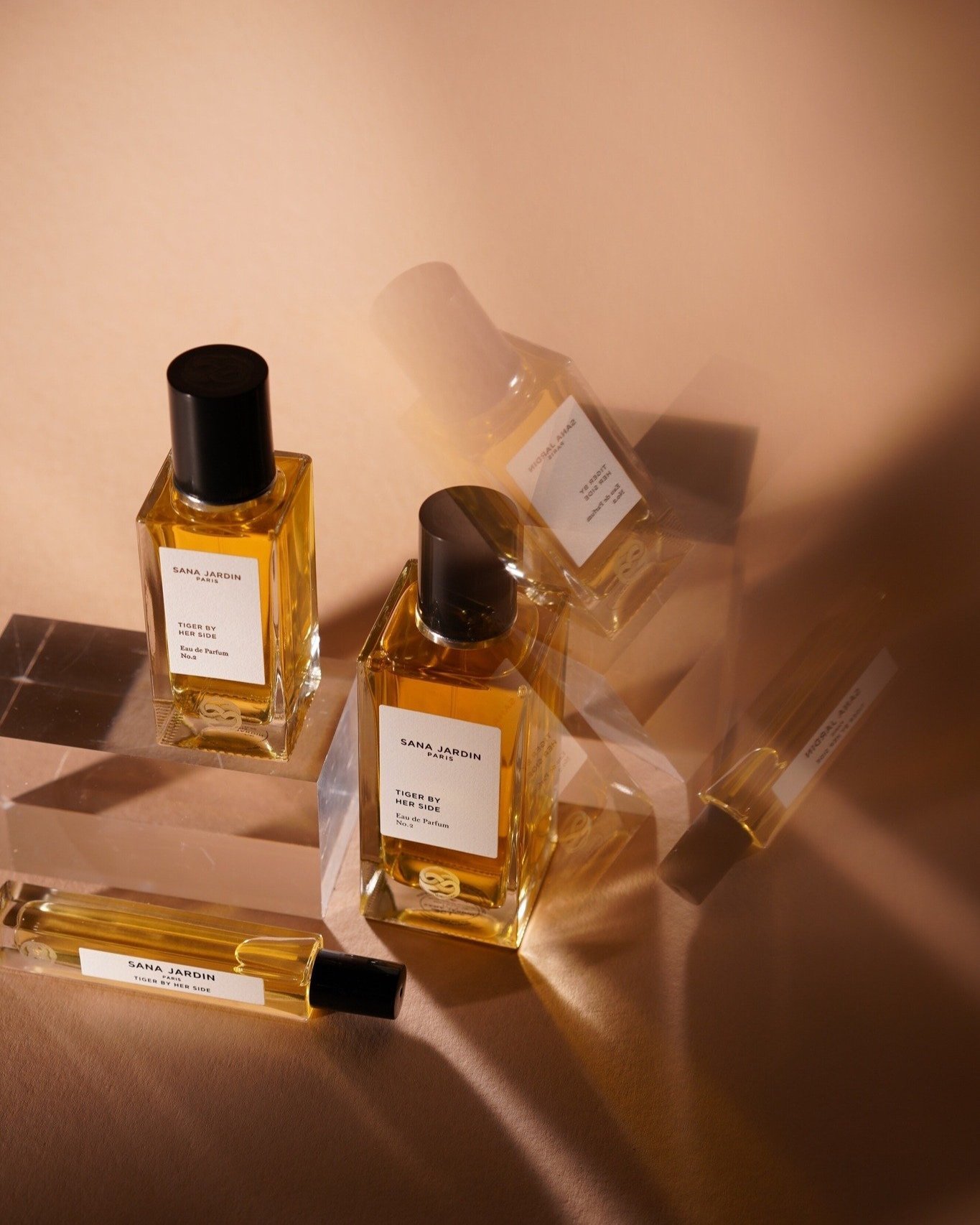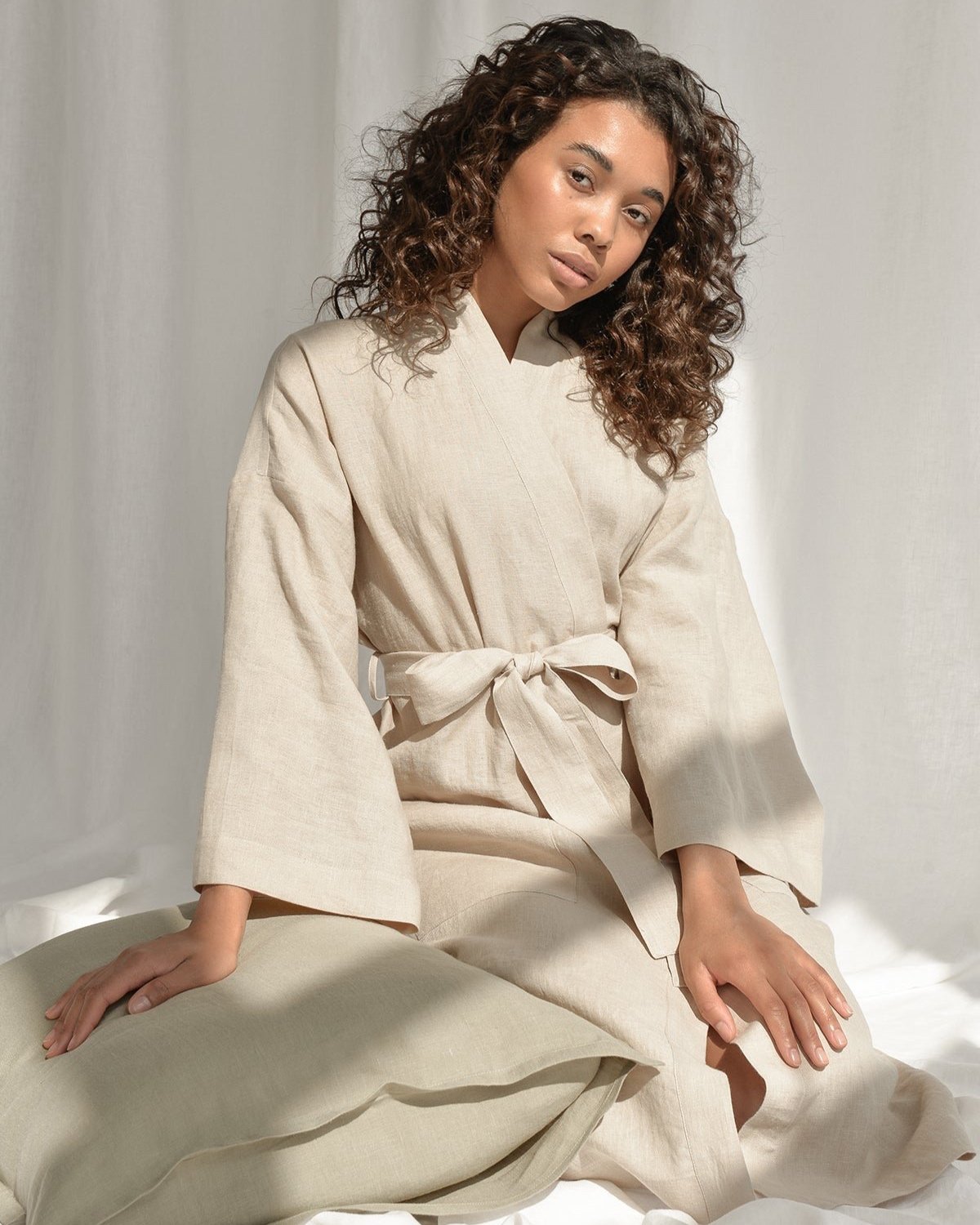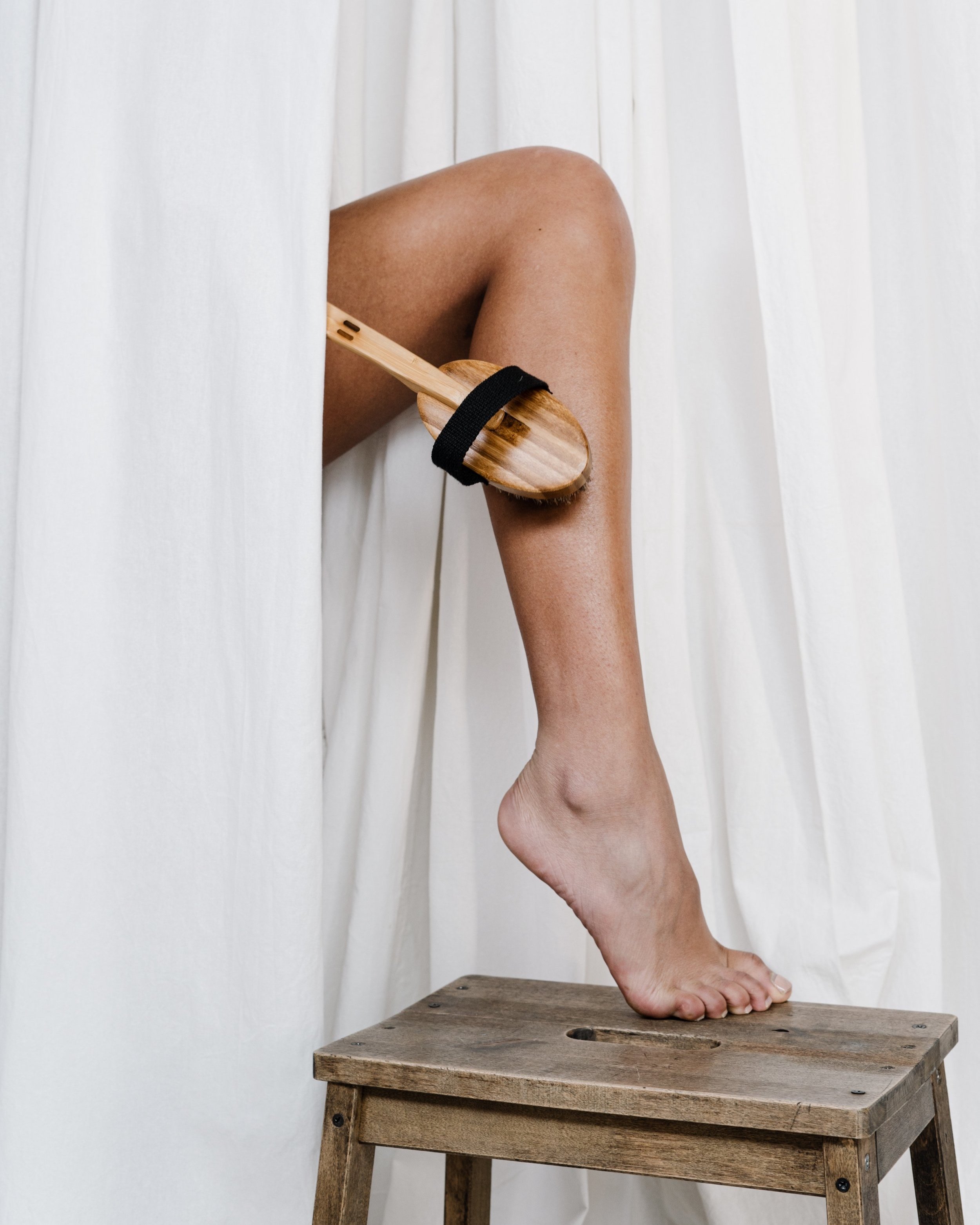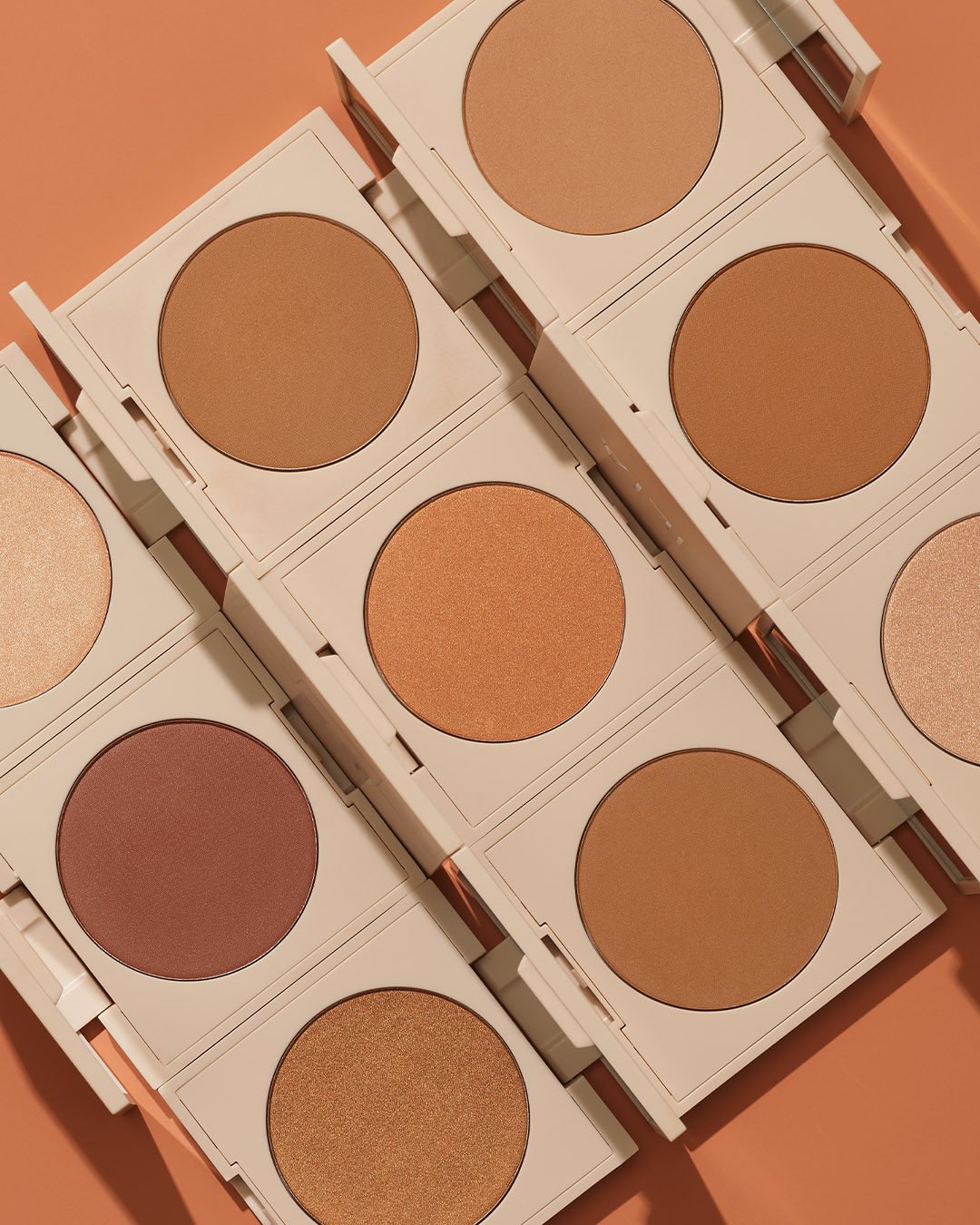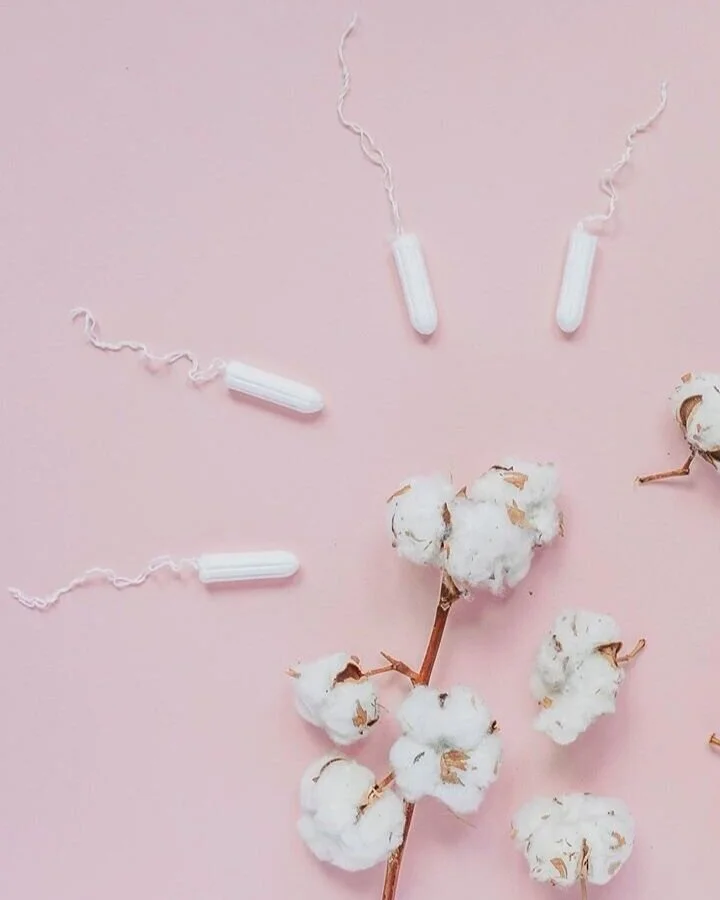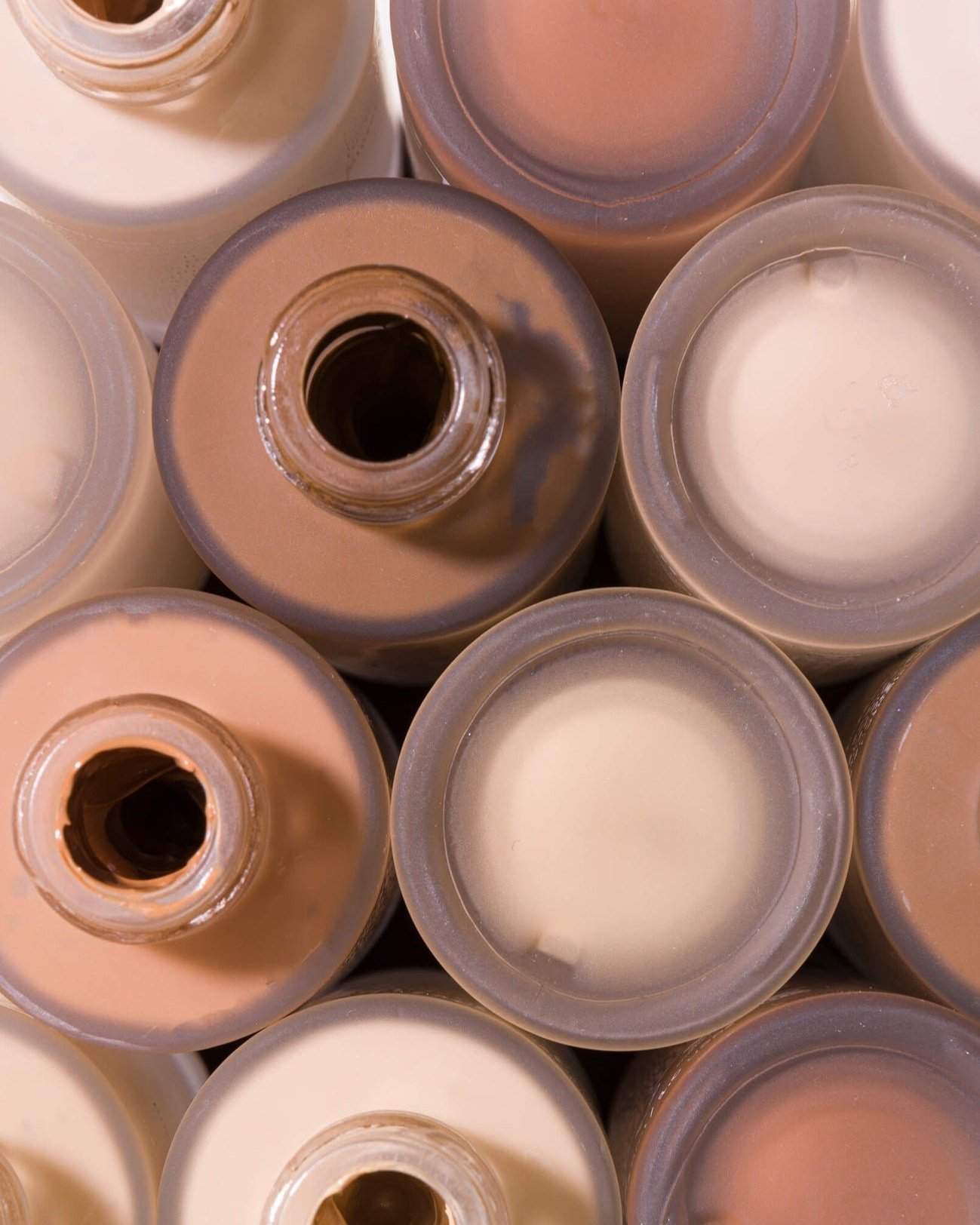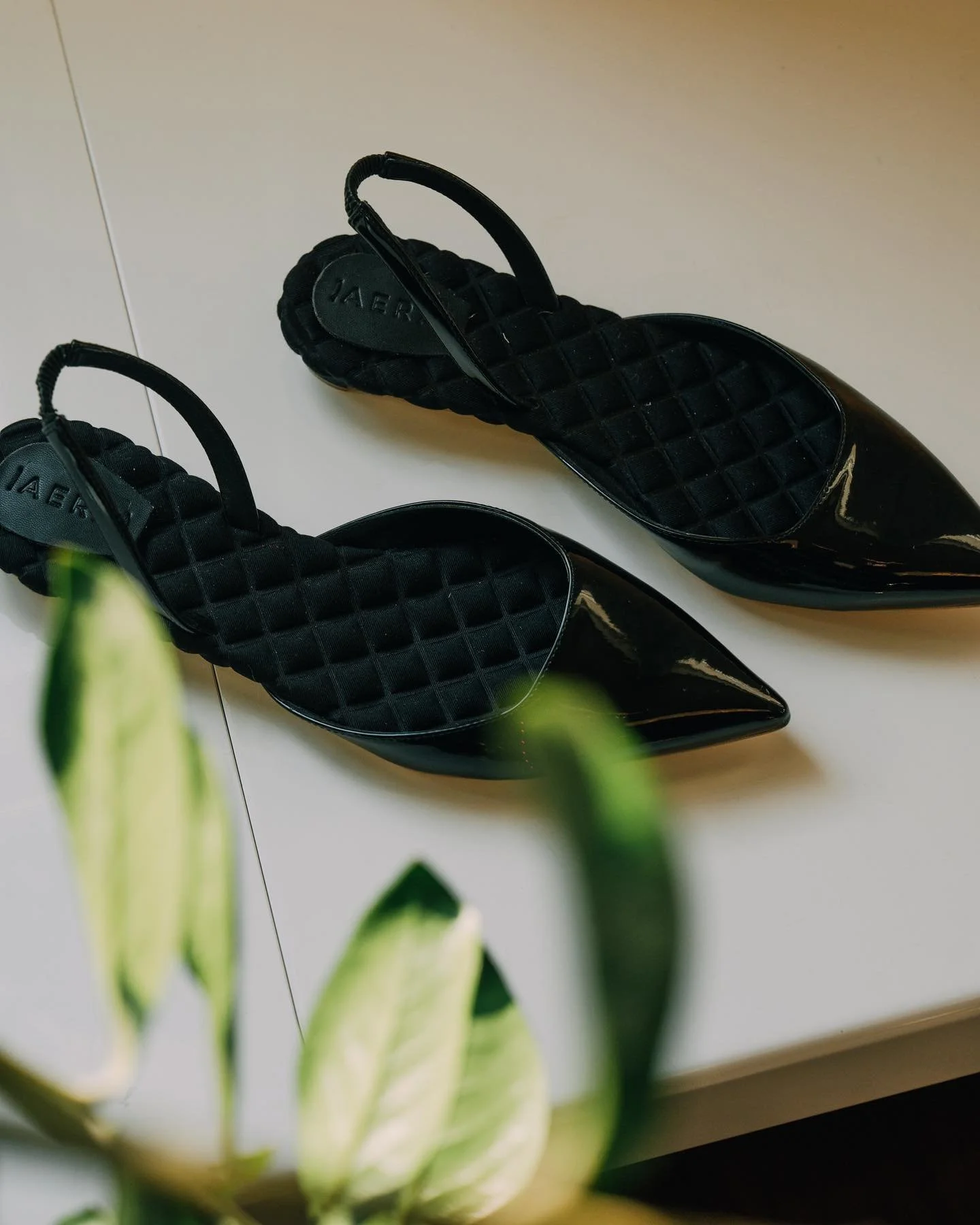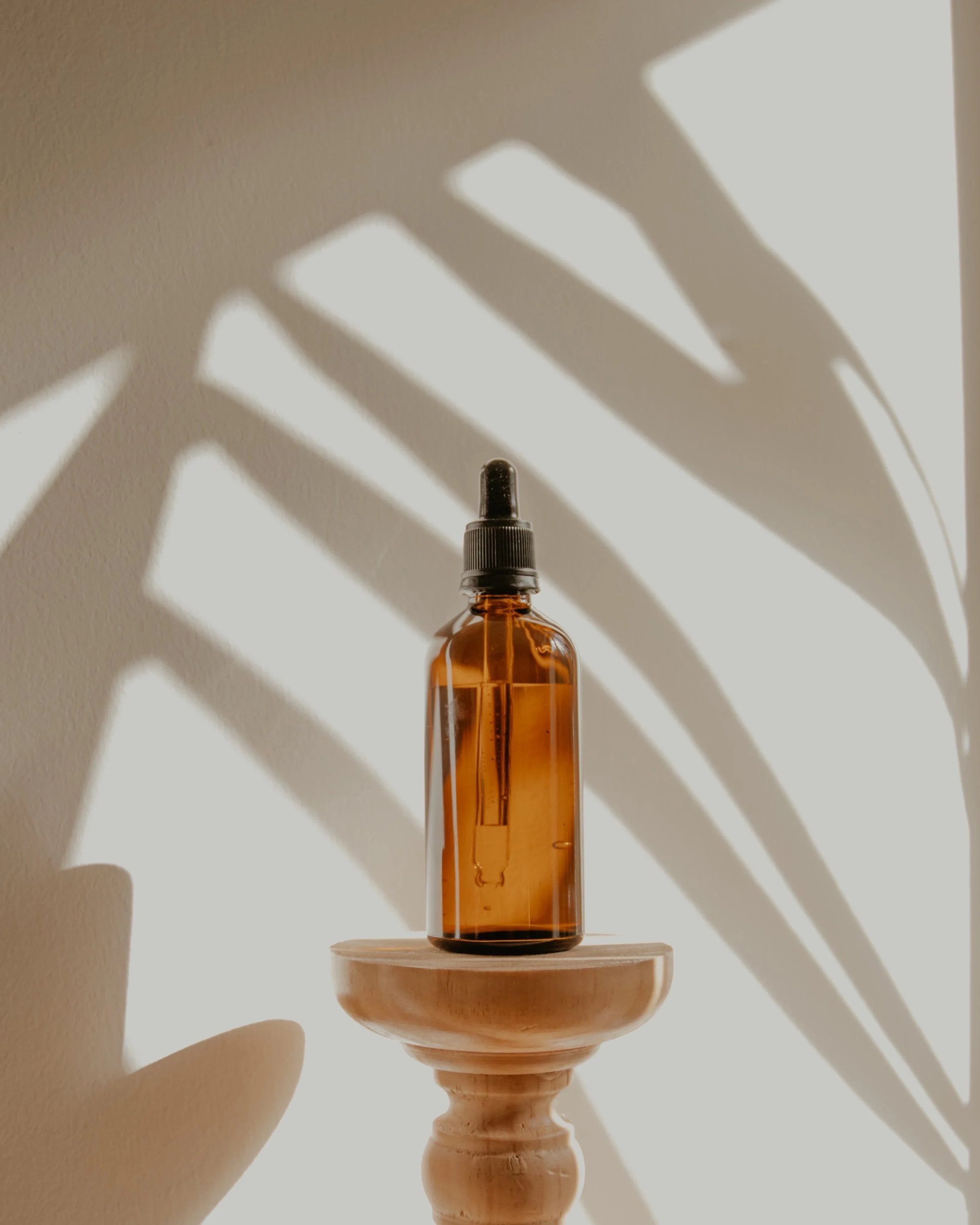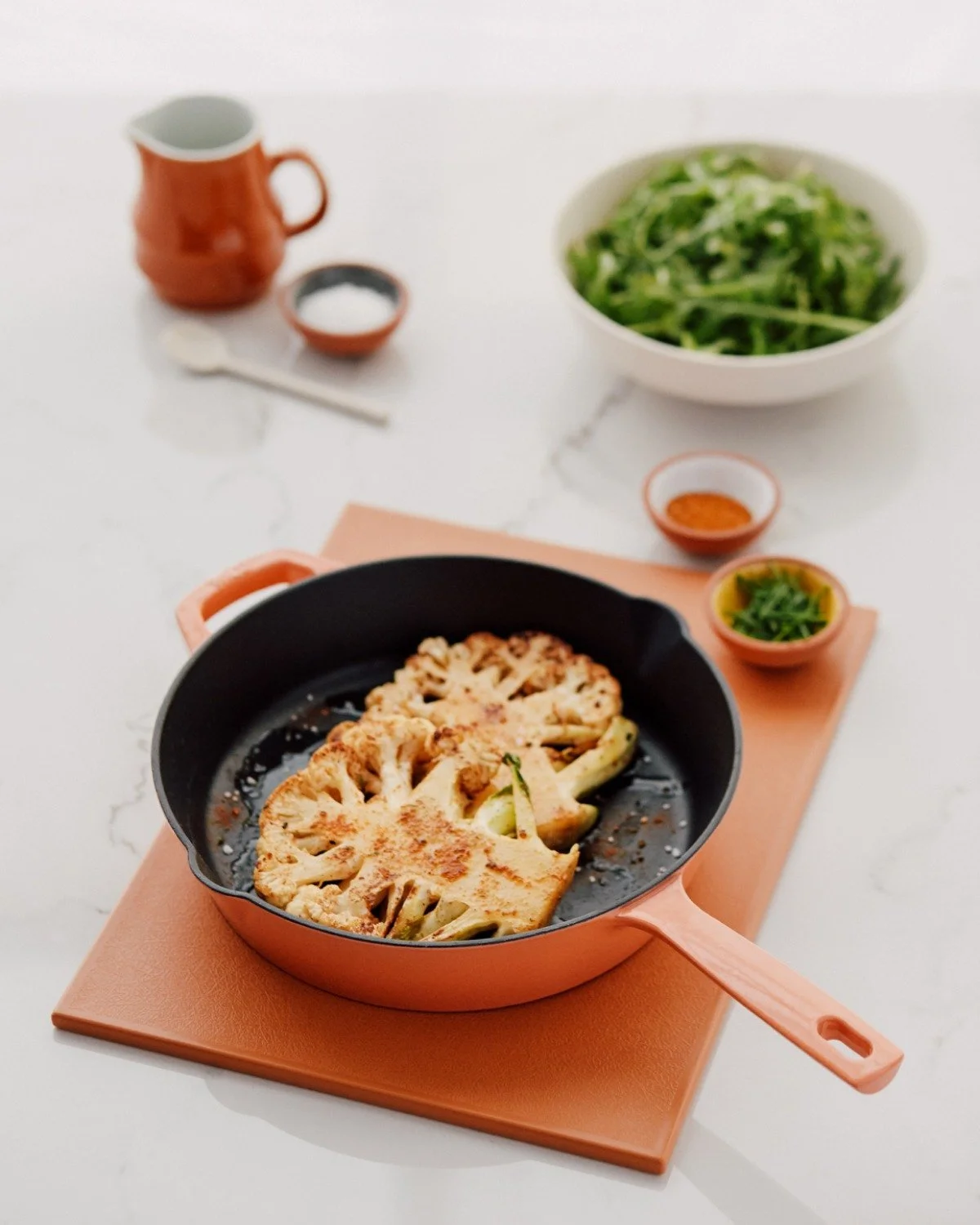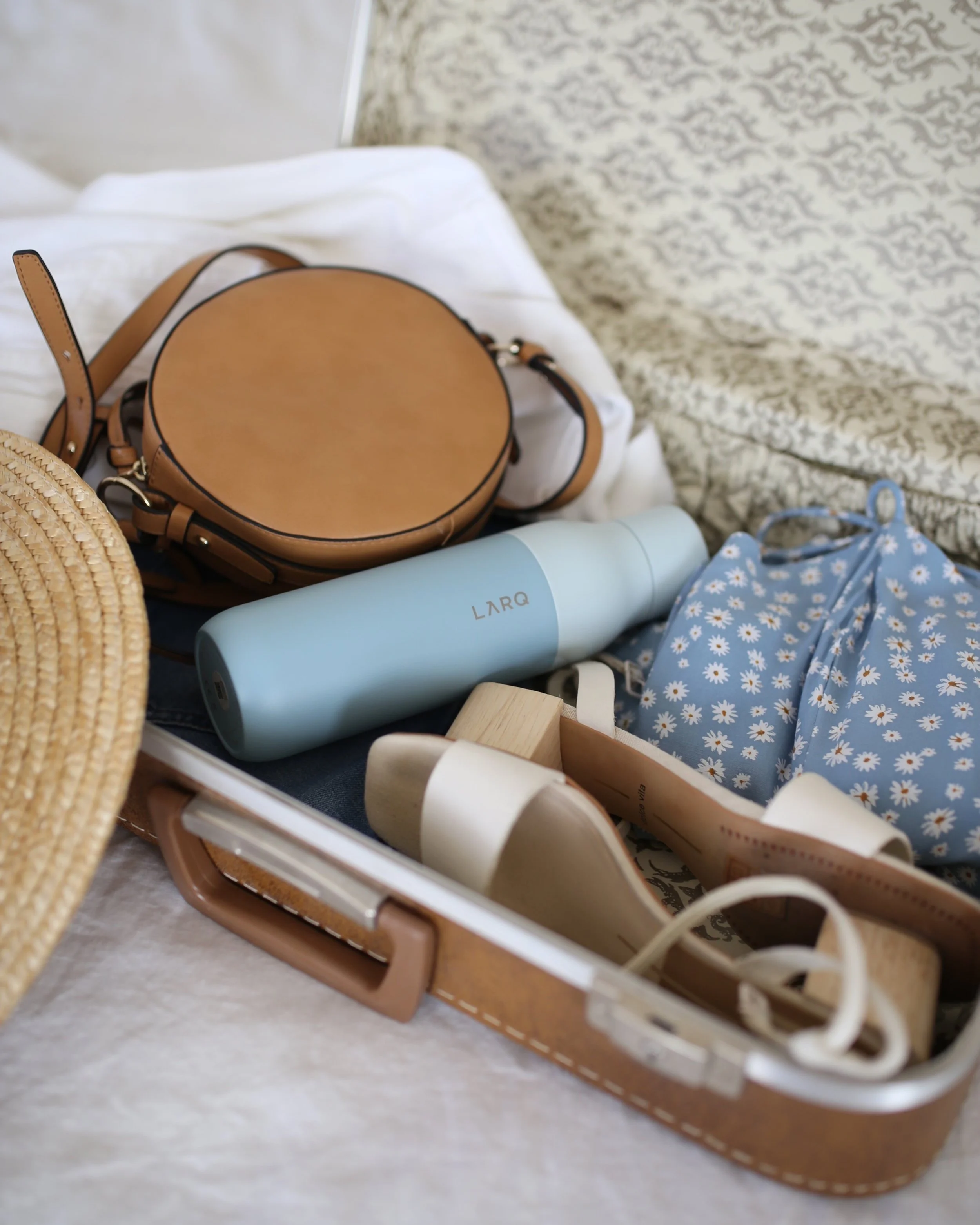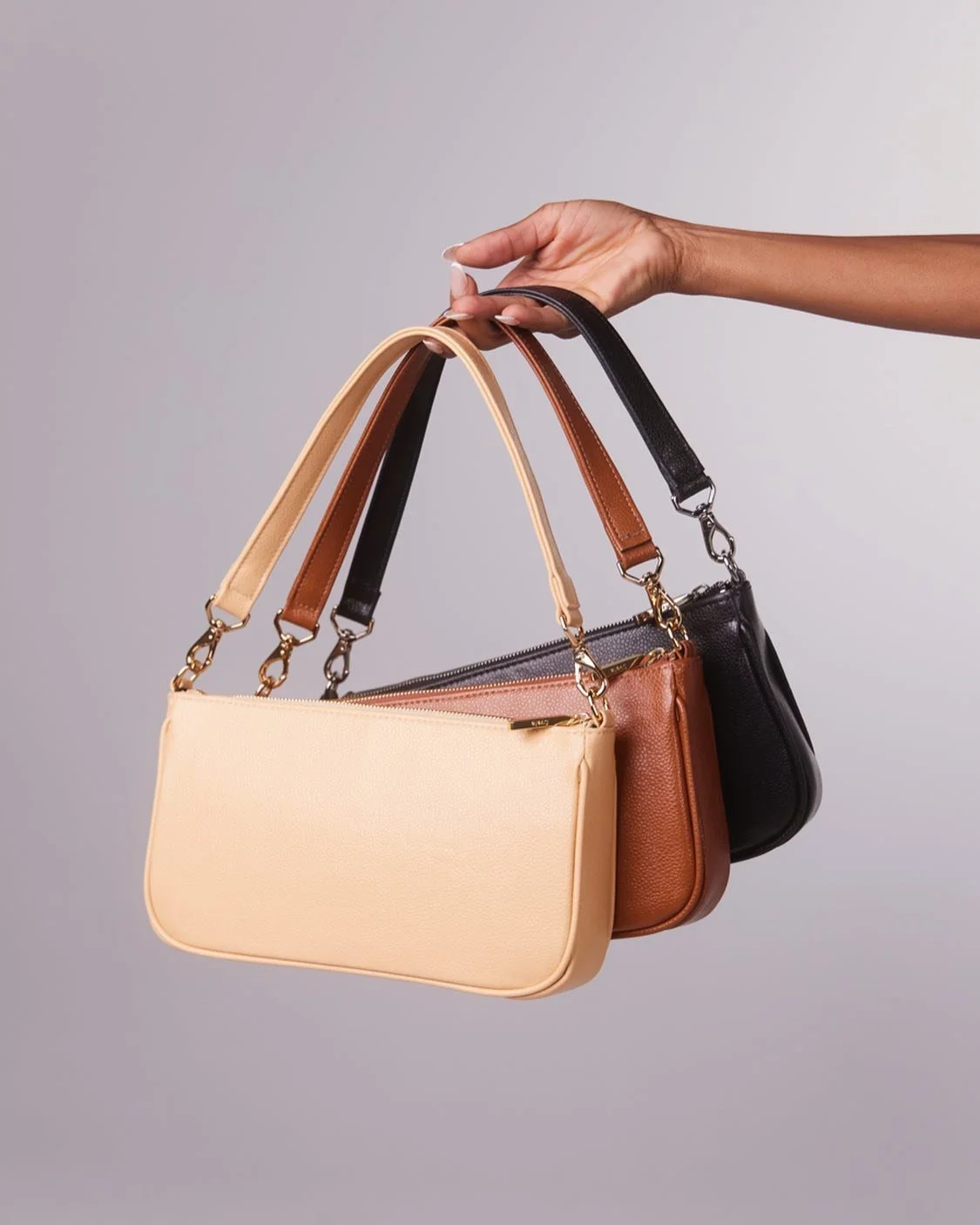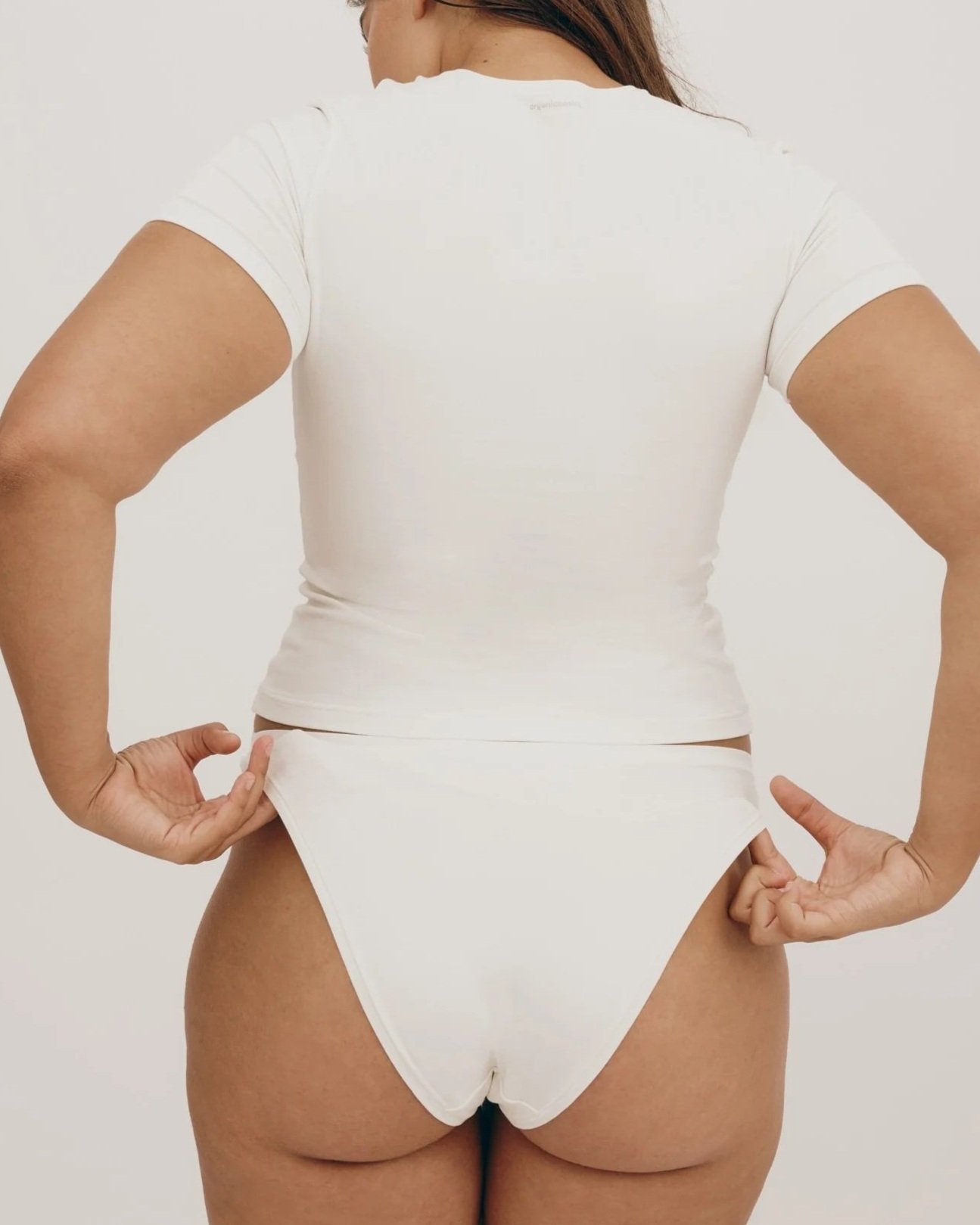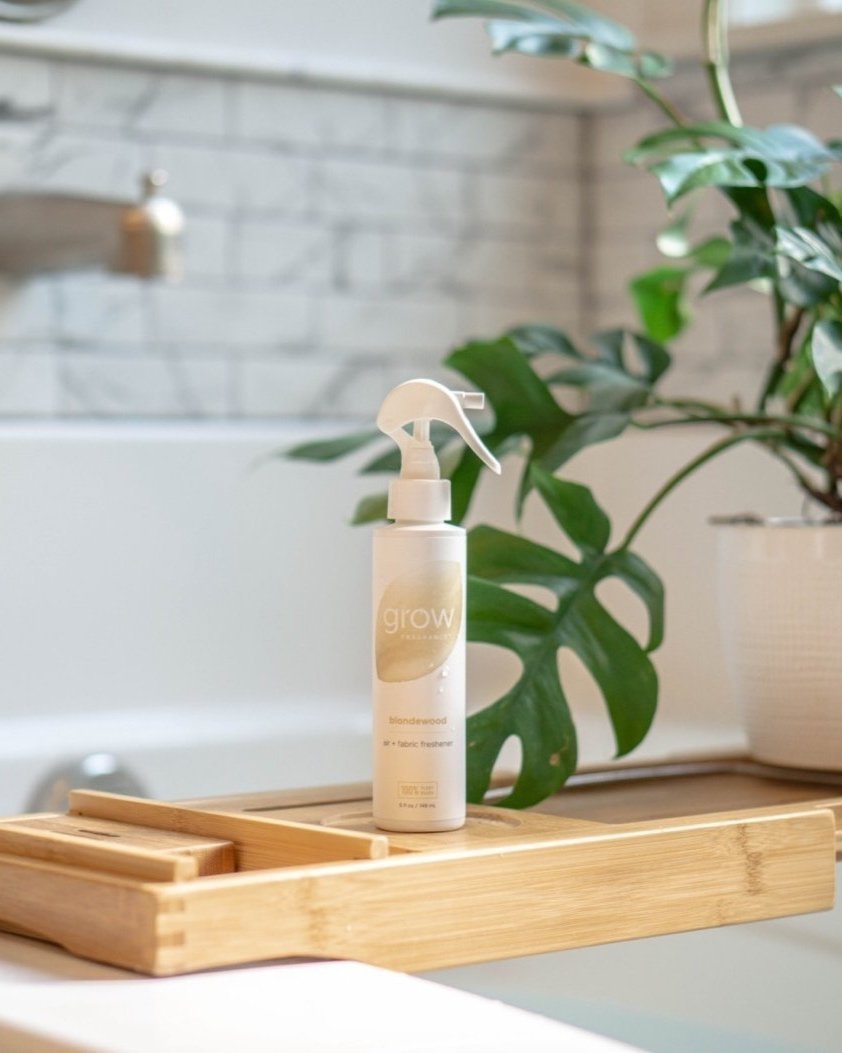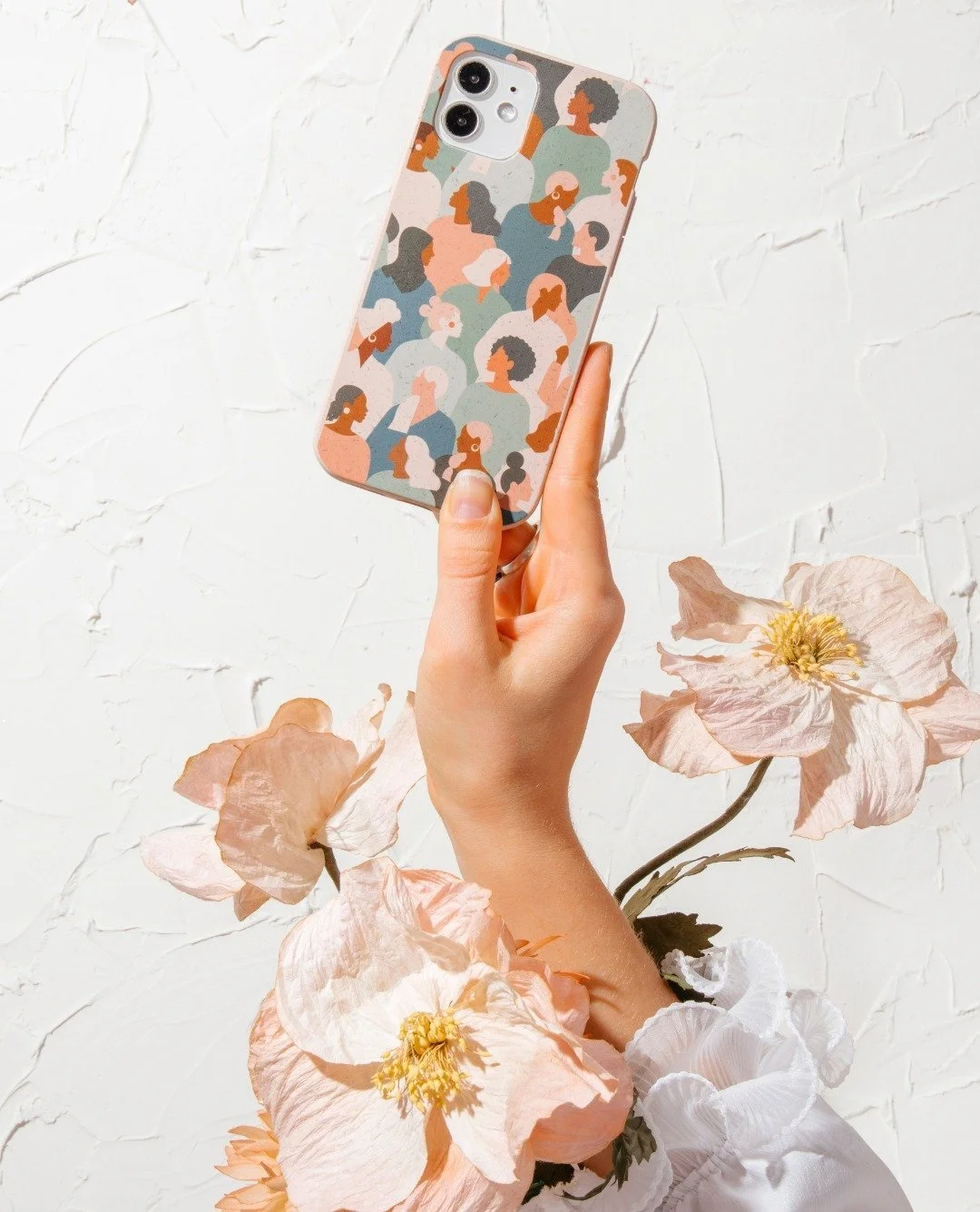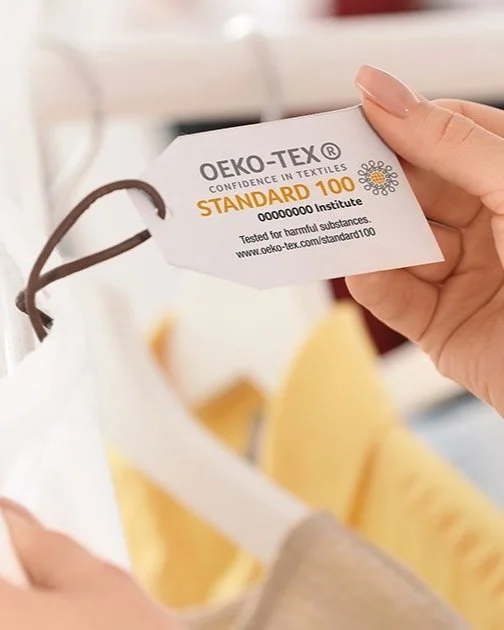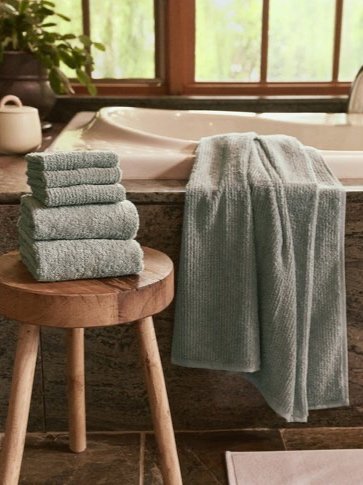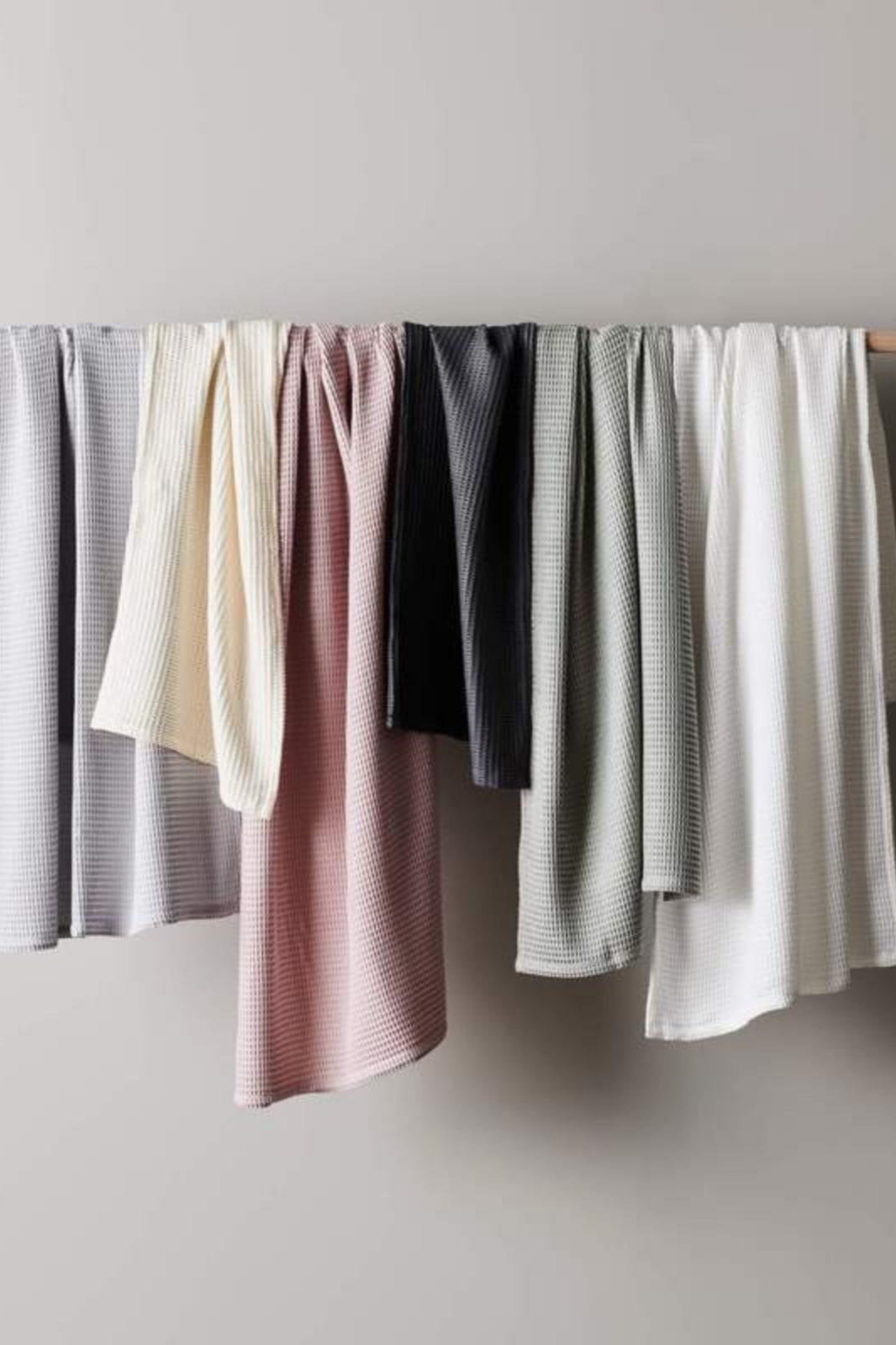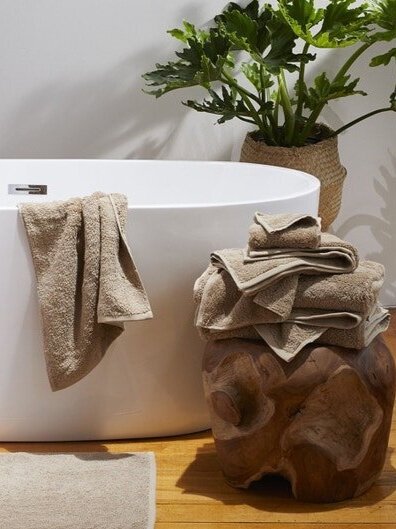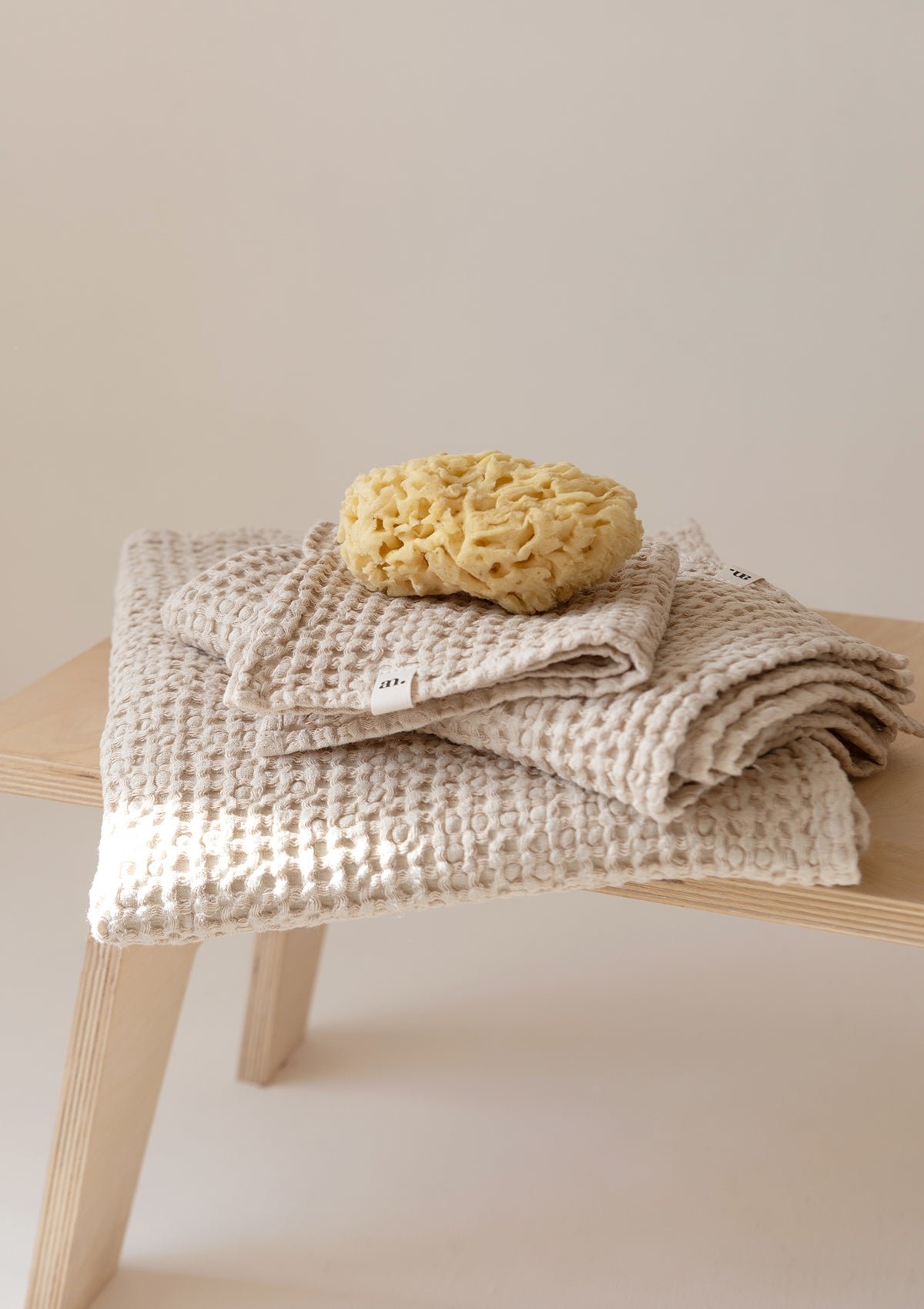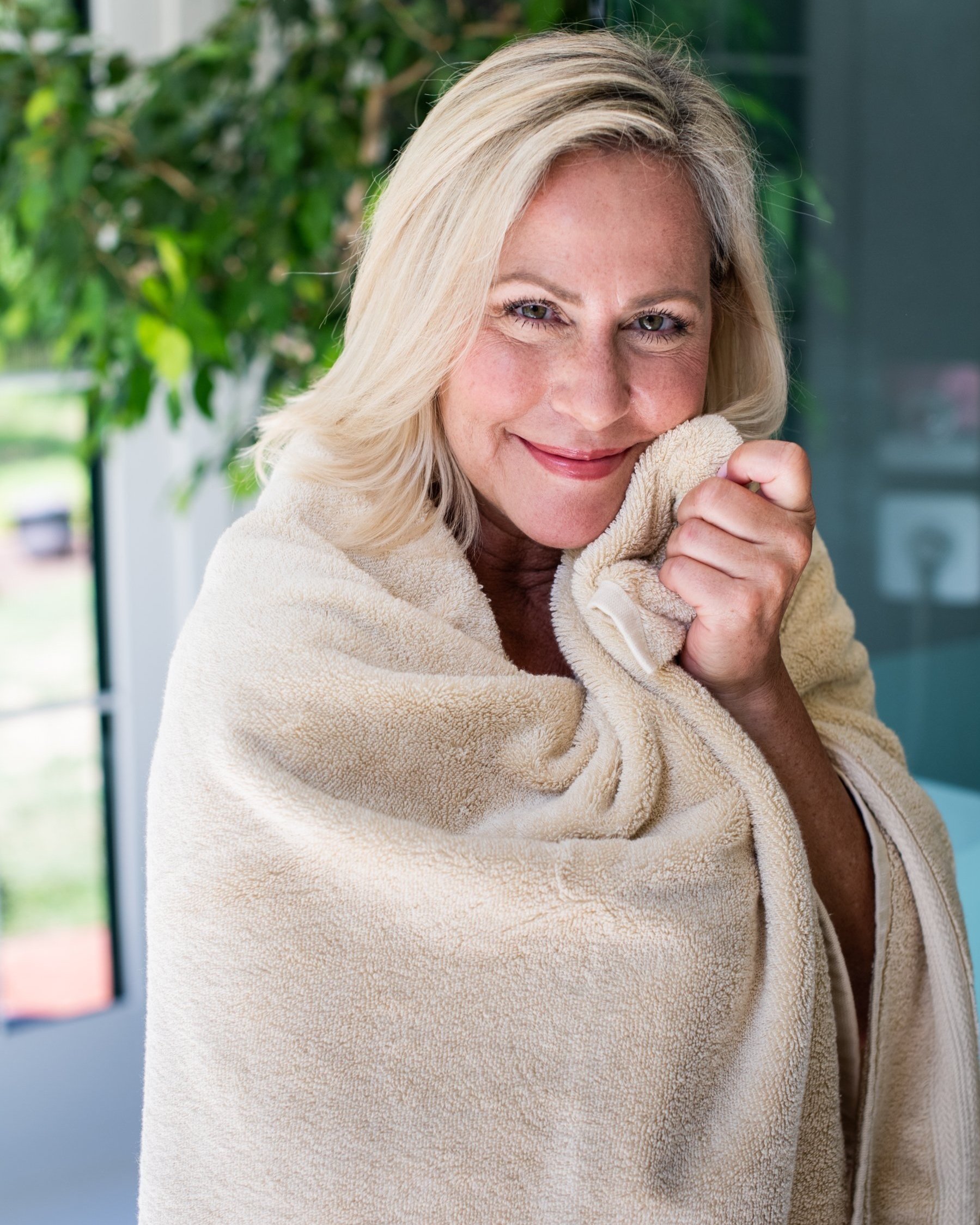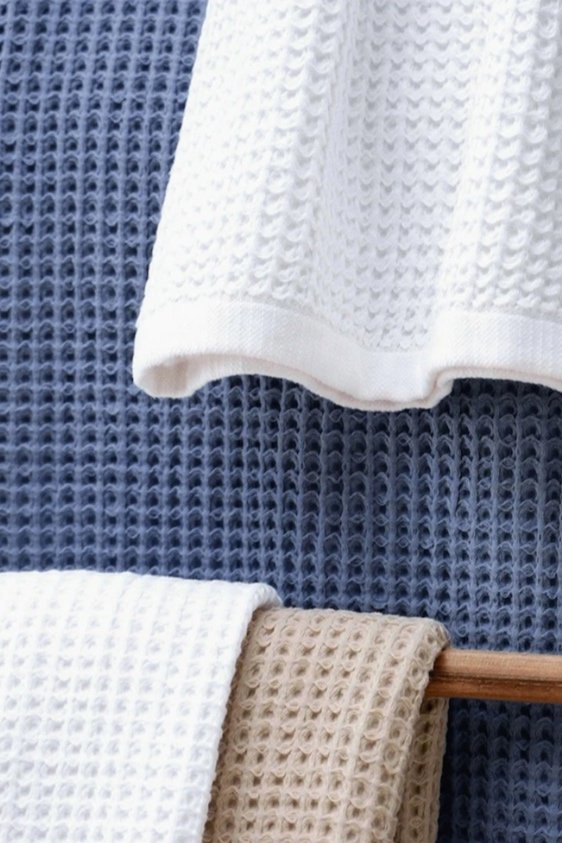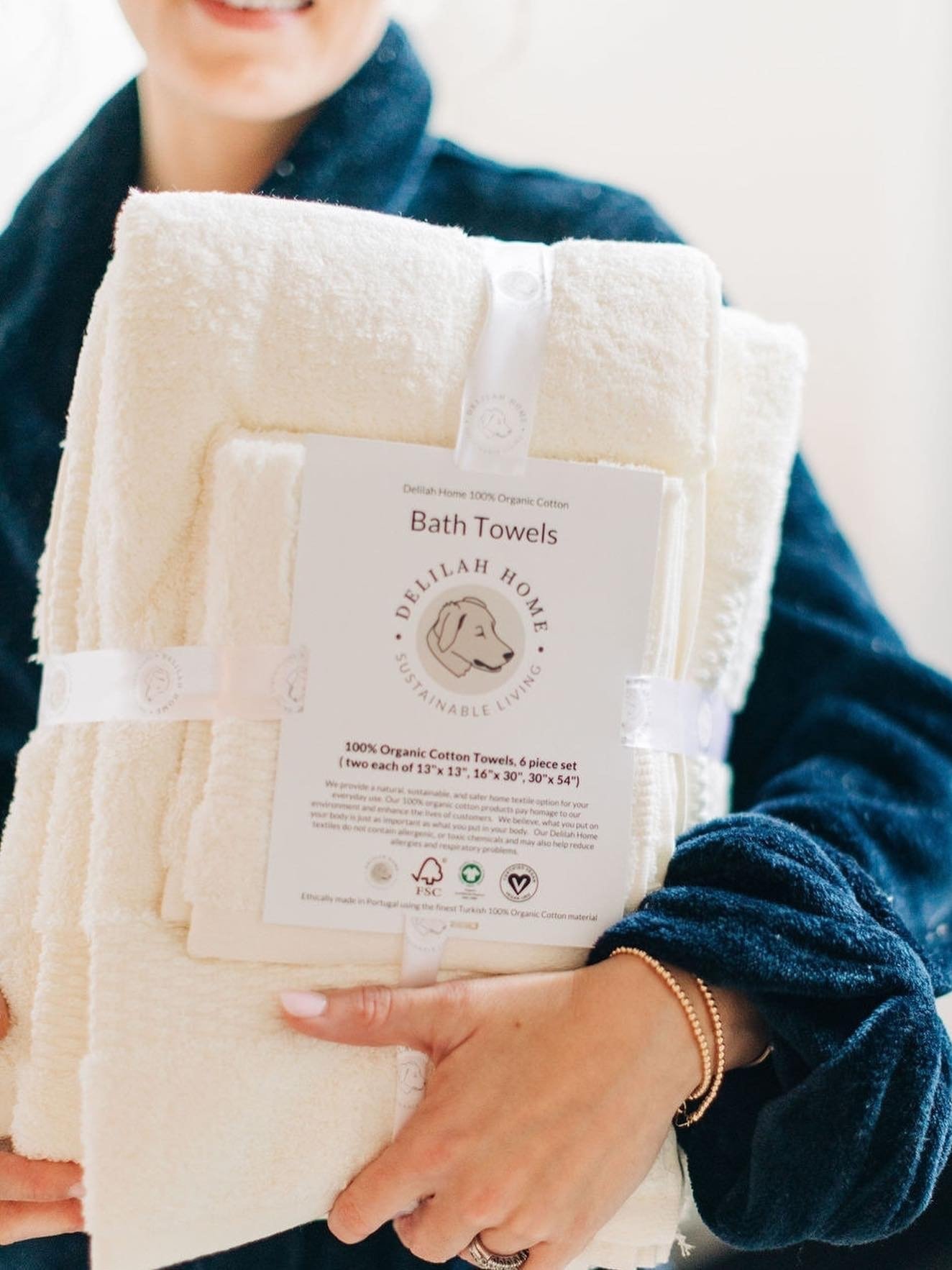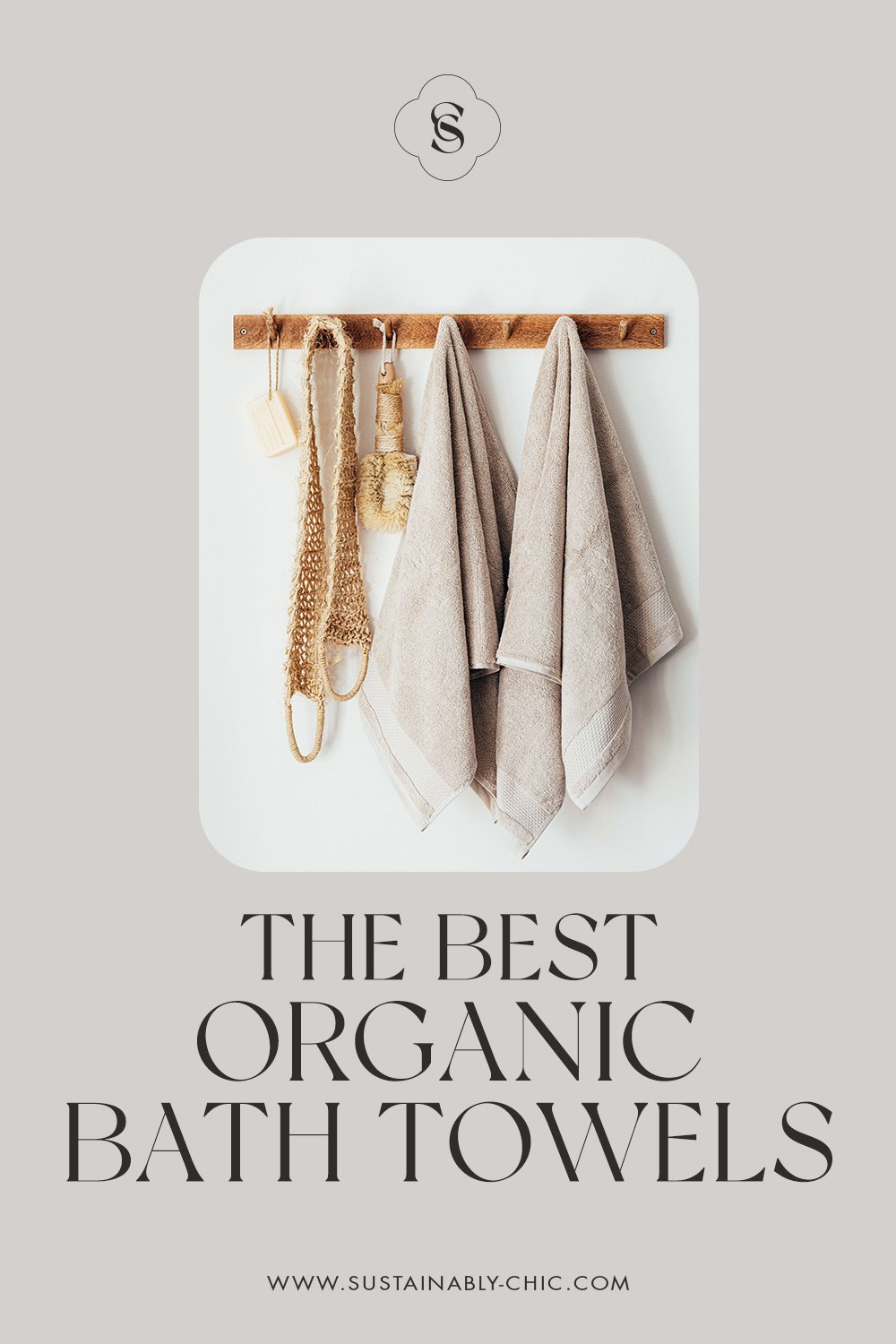Why You Should Avoid Spray Deodorant
Deodorant is a must for anyone who wants to smell good all day, but it’s also a product that can potentially harm the environment. Aerosol deodorant, in particular, has a negative impact on our planet.
Spray deodorant was designed with convenience in mind. However, with 26 million Americans using spray deodorant, there are concerns about how it affects the planet. Understanding how these sprays contribute to climate change can help us make more eco-friendly choices in our routine.
How Spray Deodorant Impacts the Environment
While many people are concerned about aluminum in their deodorant, aerosols are another product to watch out for. They contribute to climate change and affect your air quality. Here are the ways spray deodorant can impact the environment.
Air Pollution
Aerosol propellants are some of the biggest concerns around spray deodorant. Many spray products contain volatile organic compounds (VOCs), which are chemicals that easily vaporize in the atmosphere. Once they get there, they react with sunlight and other pollutants to form ground-level ozone, creating smog. VOCs are common groundwater and ozone pollutants.
Most importantly for consumers, VOCs are common indoors and can reach levels ranging from two to a thousand times higher than outdoors.
This pollution contributes to global warming. The government banned older sprays with chlorofluorocarbons (CFCs) because they were actively depleting the ozone layer. While CFCs are gone, many modern sprays still use hydrofluorocarbons (HFCs). While HFCs
don’t deplete the ozone layer, they do contribute to climate change.
Packaging Waste
Along with the deodorant itself, the packaging can increase waste. Many spray products come in non-recyclable cans, increasing landfill waste. All that packaging ends up in landfills or the ocean, creating more pollution. Plastic can take 20-500 years to break down — so it’s essentially here forever. Animals can eat it, harming themselves, and as plastic waste builds up, we lose habitats and affect ecosystems.
The metal used in aerosol canisters also contributes to environmental waste. Metal containers take lots of energy to produce. More energy means more fossil fuels are consumed, increasing carbon emissions.
Physical Effects
Spray deodorants can even harm your health. Fragrances and VOCs can cause breathing difficulties, headaches andmore. Using lots of sprays in your home can bring down your indoor air quality, making breathing and living in your space difficult. Limiting your exposure to VOCs is important, especially if you’re already sensitive to chemicals.
Wild offers Refillable Deodorants to help combat waste!
Sustainable Alternatives to Spray Deodorant
Choosing sustainable deodorant alternatives is a great way to reduce your impact. Whether you’re looking for plastic-free or recyclable packaging, there are steps you can take to help the environment.
Stick Deodorants
Switching to stick or roll-on deodorants is one of the easiest alternatives. These products typically produce fewer harmful chemicals than sprays. Since they don’t have propellant, they don’t affect your air quality or produce VOCs. Want to minimize your footprint even more? Look for options with plant-based or natural ingredients.
Many of these products come in plastic packages. While plastic is not a great product for sustainability, you may have other options. Many brands now have paper, bamboo or recyclable packaging. You can easily find eco-friendly alternatives for your deodorant.
Refillable Deodorants
Refillable deodorants, which come in reusable containers, are a newer innovation that helps you reduce your single-use plastic use. When you run out, you just buy a refill instead of throwing away the entire package. The containers are designed to be long-lasting, so you can use them over and over as you refill them. We suggest Wild’s refillable deodorants.
Zero-Waste Deodorants
Zero-waste deodorants are an even more sustainable choice. They offer packaging that’s minimal or completely compostable. You’ll see these options in cardboard tubes that you can easily recycle or compost. The goal with these products is to have packaging that doesn’t stick around forever like plastic. To maximize your impact, go for the zero-waste deodorants with no plastic packaging. We suggest Attitude’s plastic-free deodorants.
DIY Deodorants
The only way to get complete control over deodorant sustainability is to make your products yourself. Use online recipes with baking soda and other materials to make a homegrown deodorant. Just remember that DIY deodorant might not be as effective as commercial products. Research carefully to ensure you’re using safe ingredients.
Crystal Deodorants
Crystal deodorants are another sustainable option. They’re made from natural mineral salts. Crystal options come in a solid form that you use, just like regular deodorant. These products are often free of synthetic chemicals, fragrances andplastic packaging. You can use them as a low-impact alternative to standard deodorant.
How You Can Make a Difference
Switching to a more sustainable deodorant is a great way to reduce your environmental impact. Here’s how:
Support eco-brands: Vote with your dollar and give your money to companies that put the Earth first. Look for companies that use natural ingredients and are transparent about their processes. To reduce your impact, try to buy eco-friendly, cruelty-free and vegan products.
Watch packaging: Pick recyclable or reusable packaging. Plastic and sprays contribute to pollution and waste, harming the environment. Refillable or recyclable products keep waste out of landfills, protecting the planet.
Spread awareness: Do your part and let others know. Talk to friends, family and colleagues about spray deodorant’s environmental impact. Share information on social media and tell people about alternatives. The more people you get involved, the less waste we’ll produce!
Reduce consumption: Remember reduce, reuse, and recycle? It’s more sustainable to reduce your consumption. It’s easy to buy more than we need, creating excess demand. Using products mindfully cuts down on waste and lowers your environmental footprint.
Ditch Spray Deodorant and Protect the Planet
Choosing to move away from spray deodorants is a simple but effective way to improve sustainability. Whether you decide to use reusable deodorant or you start small with stick options, every little bit helps. Make more conscious choices and encourage others to get the ball rolling. Together, we can reduce pollution, plastic waste and aerosol products. Every effort matters to protect our planet for the future.
About the Author
Mia Barnes is a health and beauty writer with a passion for sustainable living and wellness. Mia is also the Founder and Editor-in-Chief of Body+Mind Magazine, an online publication that covers healthy and eco-friendly living. Follow Mia and Body+Mind on Twitter and LinkedIn!
MAKE SURE TO PIN THE PHOTO BELOW TO SAVE THIS POST FOR LATER!
WANT TO FIND MORE SUSTAINABLE BRANDS?
The Brand Directory features hundreds of sustainable brands approved by us!
We have broken everything down by category for easy shopping, along with discount codes unique to Sustainably Chic viewers.







